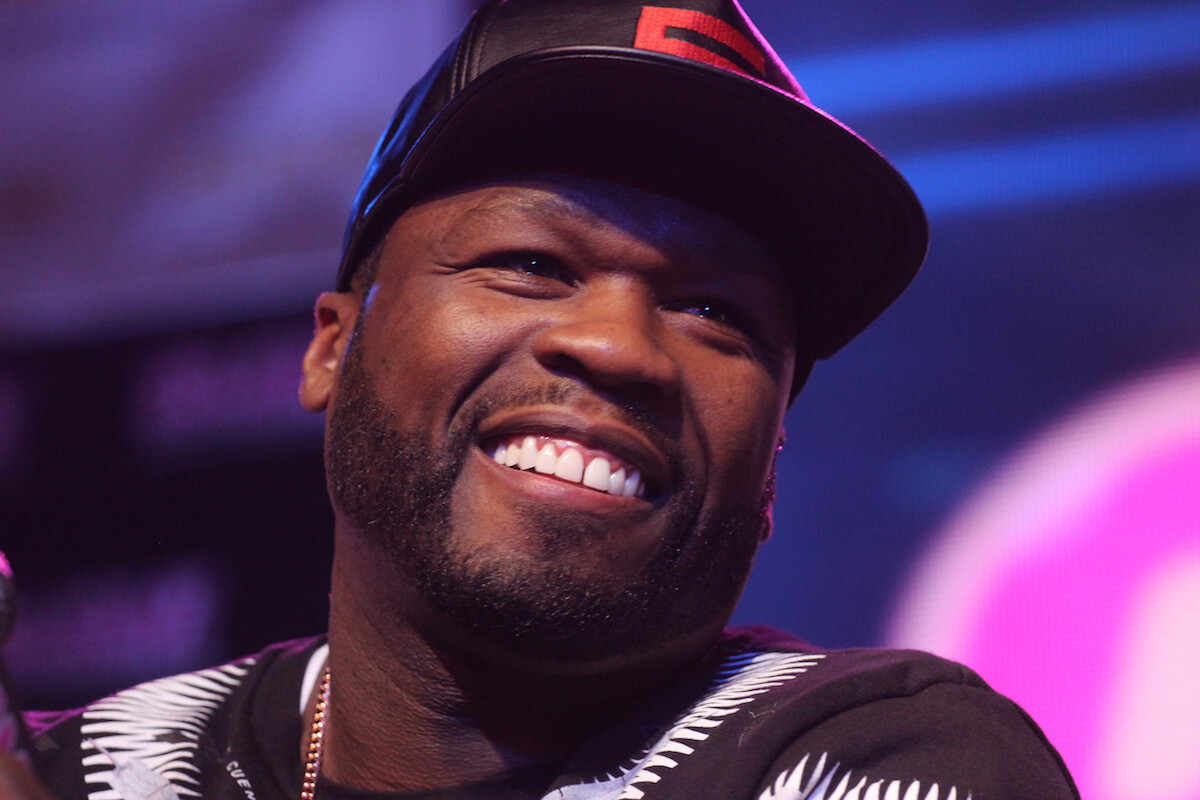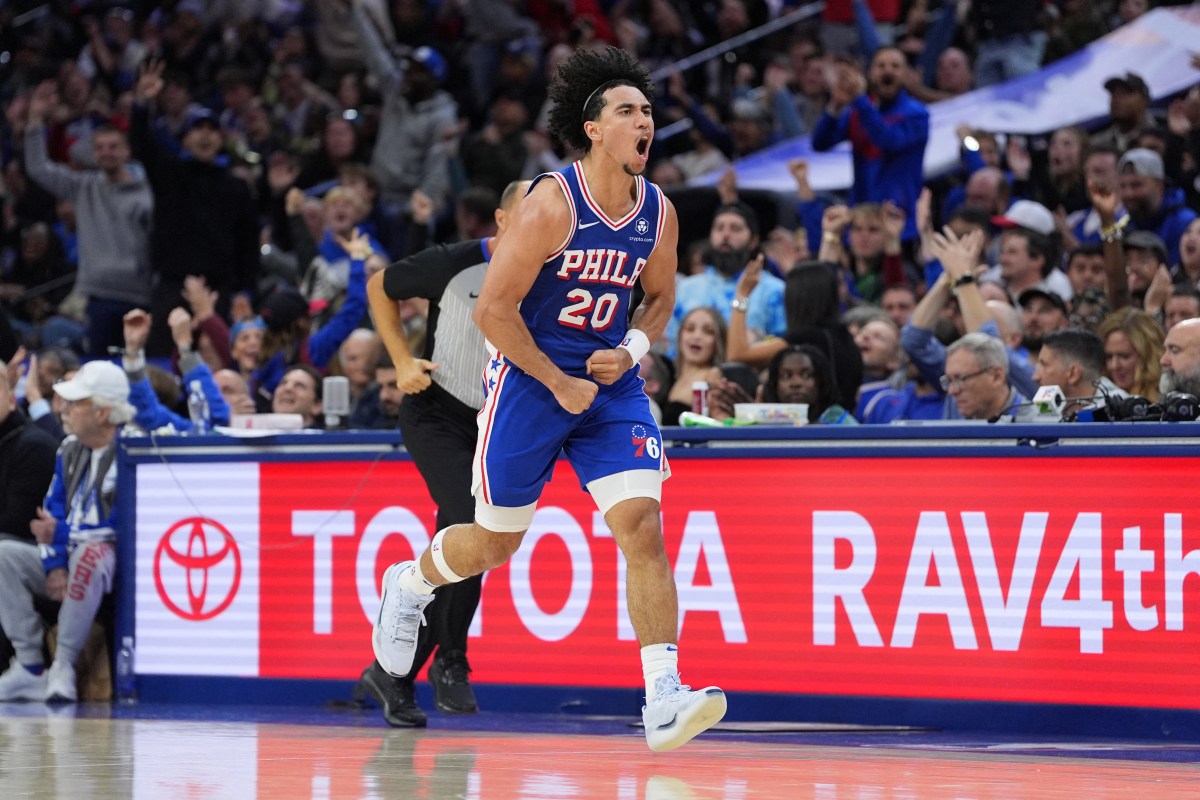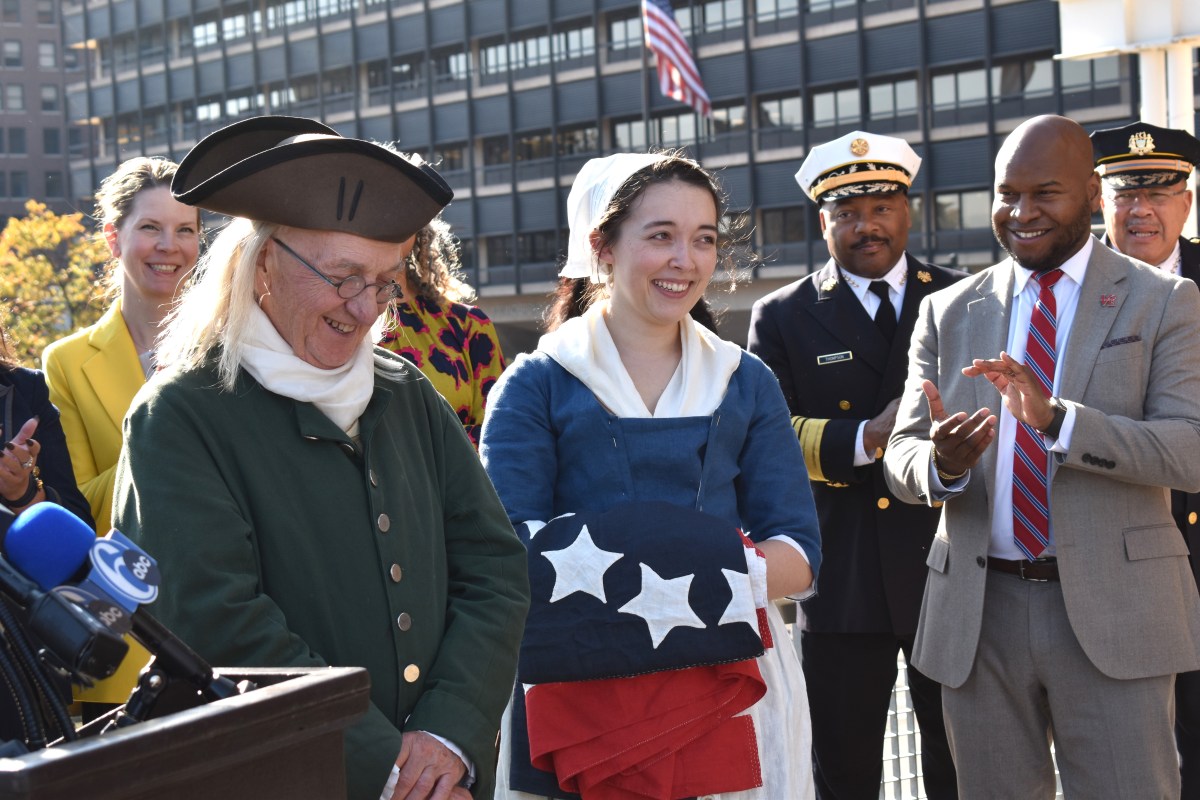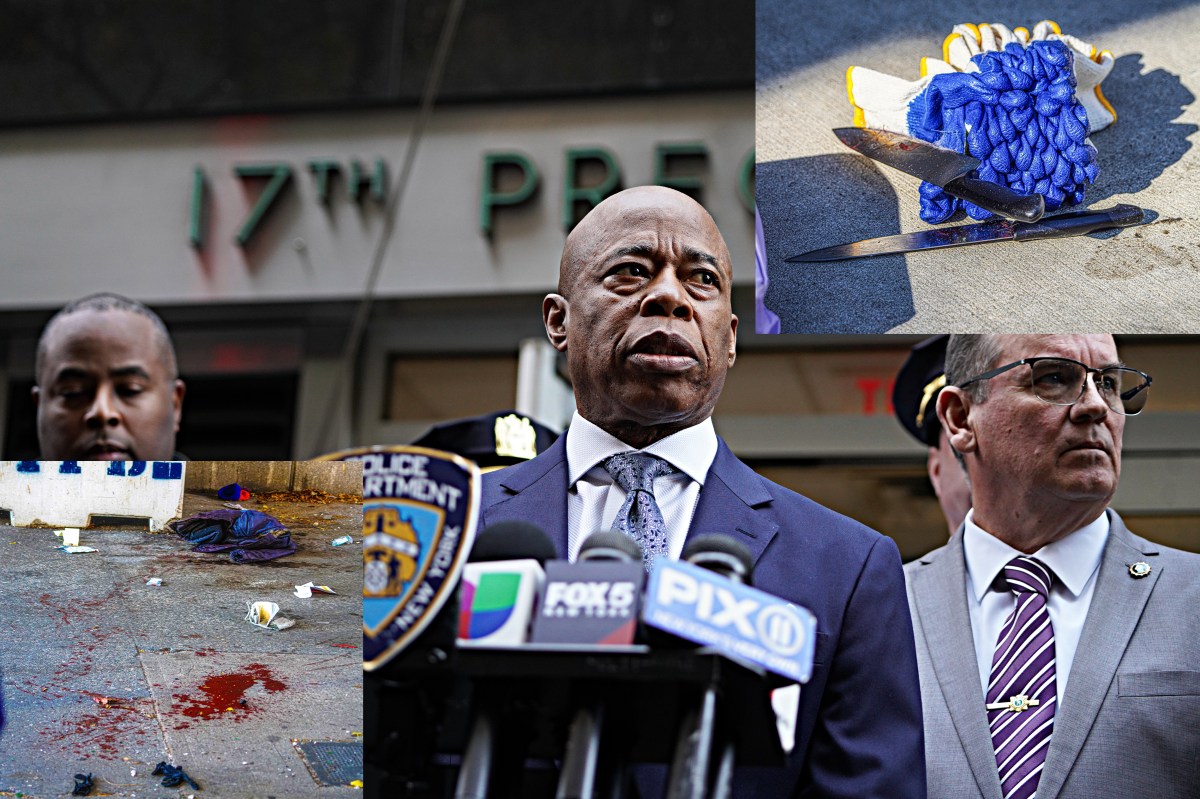The day before our phone interview with 50 Cent is the day he publicly declares bankruptcy. It doesn’t take long to get an email asking that we abstain from mentioning his business affairs, as well as a couple other heavy topics. Despite this, 50 Cent is in good spirits, friendly and talkative when discussing “Southpaw,” the boxing drama starring Jake Gyllenhaal as Billy Hope, an anguished pugilist angling for a comeback after the death of his wife (Rachel McAdams). The rapper and businessman plays Jordan Mains, his manager/promoter, and it’s a subject he knows a lot about, having been involved in boxing for even longer than he’s been appearing in movies. The muscled-up Gyllenhaal looks intimidating on screen. Was he actually terrifying in person too? He looked like he was bigger. When you have all these muscles it makes you look like you’re heavier. He was so chopped because he was really running five miles every morning then training. He looked like he was really doing the work. It must be strange changing one’s body so dramatically like that. You might not even recognize yourself anymore.
The problem is the process after the fact, when you’ve completed the project and you have all this additional body weight. You might have to go have your blood level checked to see if you’re alright — if you don’t need extra supplements to get yourself back to where you need to be. You lost 56 pounds for the film “All Things Fall Apart.” How did you deal with that?
Afterwards I went to the doctor, and I did have to make some adjustments. My testosterone levels were a little low. It can drain you from not eating or doing things the way you normally do them.
You play a promoter and manager in “Southpaw,” but you’ve said most of them aren’t as fit as you are — that you’re perhaps too slim for the role. Did you consider gaining a touch of weight for this role? You know what, I didn’t gain any weight, but I didn’t train. My body got soft during that time period, because I wasn’t working out. What’s sad is you can train hard for a long time and mess yourself up by not working for two weeks. You get on a treadmill and it’s like you died, man. You’re so used to your heart rate having adjusted from not working out. You get comfortable with not doing anything. Did you borrow from any boxing promoters to portray your character, Jordan Mains? He’s not as flamboyant as, say, Don King.
Some of the lines did feel like Don, almost. The big piece was Al Hayman in the way that Jordan Mains is smart enough to make himself a manager in addition to a promoter. In order to really control boxing you’ve got to come in under a management position. That way you can tell a fighter that he can just listen to you. When you can control whether the fight happens or doesn’t happens then the networks have to go through you. It seems tough having to juggle business savvy with something as unpredictable and dangerous as boxing.
In business I’ve seen people destroy things when they have something they can replace it with. The sport of boxing is the only place I’ve seen people destroy things just to destroy things.
Given your knowledge of boxing, how realistic did you find its portrayal of this world?
There were a lot of parallels to real boxing. It felt like a real situation. It wasn’t pretending to be someone who wasn’t a real person. There’s a point where I’m saying, “On his way out make sure he doesn’t break some s—.” [Laughs] That’s an after thought, but it defines how he handles circumstances with his fighters. The model they live by is: if it makes money it makes sense. That’s Jordan Mains and Billy Hope’s worldview. They’ve been on this journey together. He didn’t earn anything if Billy didn’t earn anything. Then Billy brought him all the fighters. That whole kennel of new fighters came to Jordan Mains because of Billy. Jordan starts off as someone who really seems to have Billy’s back but eventually reveals he values business over their friendship. Do you feel he adopts a defendable position?
Well, he loves Billy initially. But what happens with fighters is when you use logic with people aren’t using that as a compass, you can become frustrated. You’ll start to resent them at certain points. The fighters are throwing jazz hooks and uppercuts for something that will net $250 million for 36 minutes of action. It’s tough to tell them what their fight is worth. They expect so much for fighting the top guys in their weight class. Eventually they just want all the money. When they become a name you don’t argue with them, because they don’t need anybody else to make the next fight. If a manager says, “F— this, I’m leaving,” then there will be a whole new group of people who will come to him and say, “Alright, champ, let’s make the next fight.” Do you see many parallels between boxing and the music industry? Both revolve heavily around stars who heavily rely on family and friends to support them.
Yeah. They come from the same places. The fighters, they’re coming from low-income situations in inner cities. They can relate to not having very much. When you make it, and you get to the leagues, if you’re a baseball or basketball player, or you get to the championship, if you’re a fighter, you say, “When I do get there I’m going to be straight. I’m going to look out for my people.” Their happiness is connected to those closest to them. If you’ve made it to the point where you can spend a little cash, you do things for them. Your turn in “Get Rich or Die Tryin’” was a decade ago. Do you still view movies as different from music?
It’s still different for me. Now I’m a little more experienced, comfortable in my skin and my choices as an actor. I’ve done projects with some of the biggest talent in the world. I did “Righteous Kill” with De Niro and Pacino. I did “13 Tzameti” with Jason Statham and Mickey Rourke. I haven’t been in many situations where I’ve been intimidated by acting talent because I’ve been around the guys who for me, personally, are superheroes. They’re the guys whose body of work is just amazing to me. Still, it was probably a little intimidating to act with both De Niro and Pacino.
Yeah, yeah. At the same time? S—. [Laughs]
50 Cent on boxing, acting and accidentally gaining weight during ‘Southpaw’

Getty Images
Follow Matt Prigge on Twitter @mattprigge
























